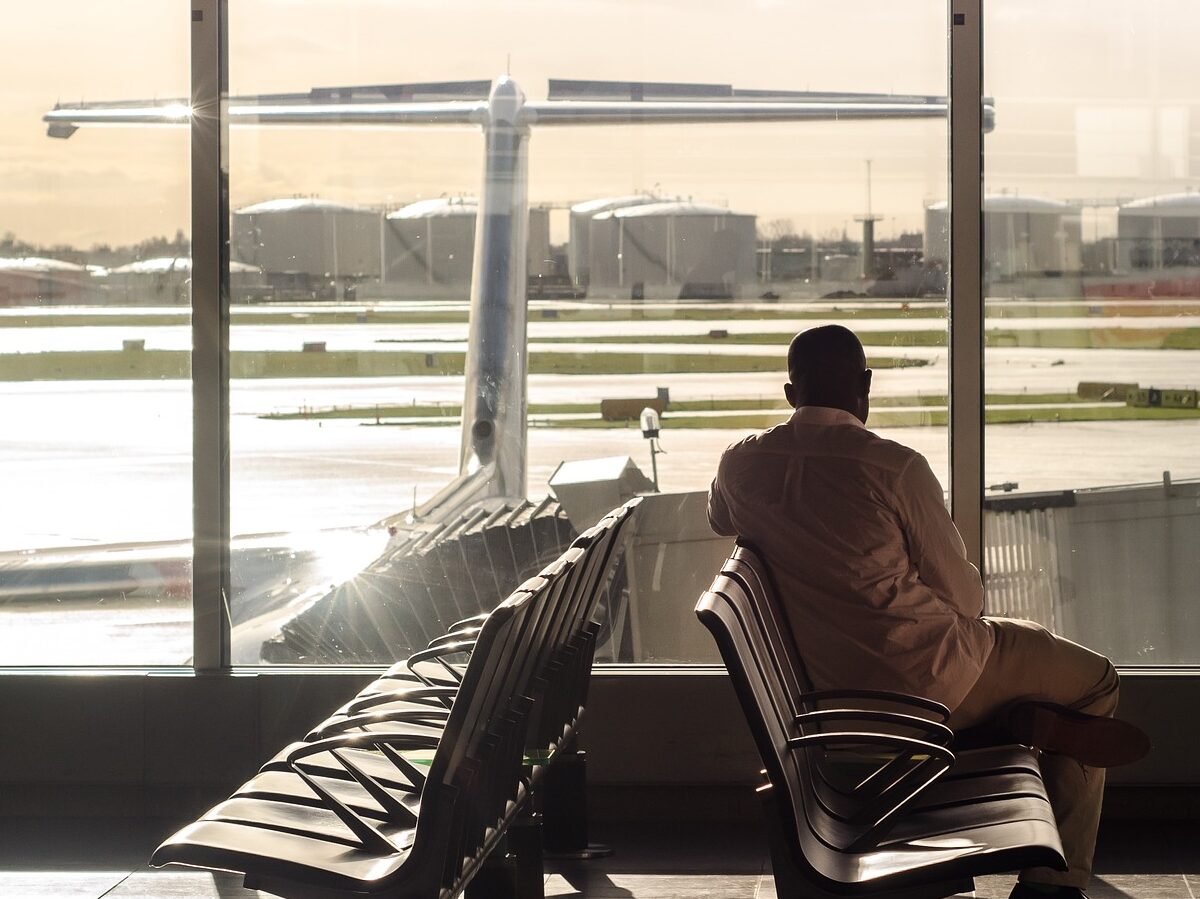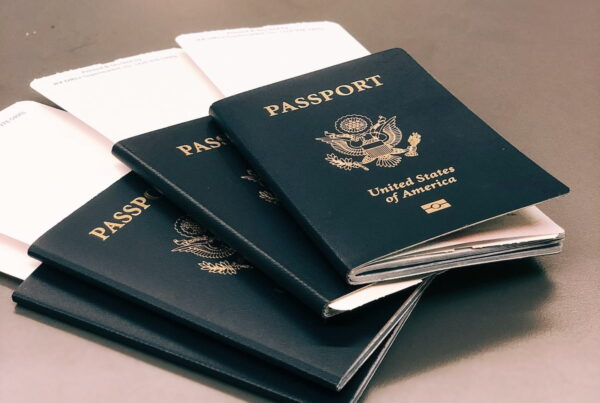If your calendar is a patchwork of different time zones and your passport is getting more action than a rockstar’s autograph—this one’s for you. We’ve all lusted after those romanticized images of jet-setting across the globe, but what the glossy brochures and in-flight movies won’t tell you is the perilous fine print behind those frequent flyer miles. Could frequent flying be affecting your health?
Jet Lag: The Time-Traveler’s Hangover
Before you reach for another macchiato in stark defiance of local bedtime declarations, hear this — jet lag isn’t just a niggling inconvenience; it’s a health ninja that stealthily dismantles your circadian rhythm. Think of this as Mother Nature’s way of scolding you for playing around with time.
The struggle to sleep when your body thinks it should be awake, and profound grogginess when your brain pleads for lucidity, means you’re unwittingly sending your stress hormones into overdrive, and peacekeeping immune cells into an existential crisis. It’s like rebooting your computer every few hours — you won’t get the best out of your programs, and eventually, something will crash.
Action Item: Instead of Netflixing all night to trick your body into local time, nip jet lag in the bud with short naps and plenty of water. And no, double-fisting espressos at the hotel bar doesn’t count.
Disease in the Sky
The global bazaar that is a plane’s interior can be a veritable petri dish of airborne illness. If the rhythmic cacophony of sniffling from your fellow passengers isn’t enough to give you chills, consider this: the recycled air mixed with the close quarters of the cabin creates a perfect storm for infection.
Think back to that one trip where you got off the plane and immediately felt like a walking, talking germ. Chances are, you were. Airborne and respiratory illnesses don’t need a visa; they travel as readily as you do. Now expand that network globally, and the probability of catching something nasty rises like an elevator without administrative limitations.
Action Item: Boost that immune system with a pre-flight shot of green juice and a meditative session of imagining your aura as an impenetrable force field against the microscopic forces of evil.
Economy-Class Syndrome: The Great Leveller
You’ve probably heard of DVT, or Deep Vein Thrombosis, in more serious circles, but colloquially, it’s been christened “economy class syndrome.” It’s the inextricable link between cramped seating, inactivity, and the propensity for blood clots to form, which can be incredibly painful and, in the worst cases, fatal.
The risk is that as you sit for prolonged periods of time, the blood in your legs has a greater chance to pool, thicken, and potentially form clots. These clots can travel through your bloodstream towards your lungs, resulting in a pulmonary embolism, which is a lot like suddenly having a rush-hour traffic jam in the express lanes of your cardiovascular system.
Action Item: Combat this with in-flight exercises, regular walks down the aisle (you know, that excuse to stretch your legs you’ve been waiting for), and if all else fails, commit to the art of seat yoga.
Permanent Hearing Damage: Silence Isn’t Golden, It’s Essential
You know when you descend and your ears pop? It’s a small price to pay for safe travels, but unbeknownst to many, those pressurization changes can lead to more permanent damage over time. Repeated ear barotraumas can result in hearing loss or tinnitus — that persistent, maddening, high-pitched buzzing that joins you as an inaudible plus-one to all your life’s engagements.
Now, it’s not just the rudeness of the neighbors cranking their music louder than a SpaceX launch at liftoff; a combination of factors, including air pressure, dehydration, and fatigue, can conspire to damage your hearing, making those in-flight movies with surround sound something to fear.
Action Item: Unplug at safer decibel levels, invest in high-quality noise-canceling headphones, and swallow often when flying to help equalize that pressure.
Radically Risky Business
While the thought of growing a third arm from your shoulder like some Cronenbergian nightmare may sound like inside-the-armrest fiction, the radiation exposure from flying isn’t something to be sniffed at — especially for those logging hours on international routes.
Air travel at higher altitudes means being closer to cosmic radiation, which is usually just a concern for astronauts and Superman but becomes a secondary consideration for frequent flyers. Repeated exposure to this radiation, albeit in small doses, isn’t just a threat to DNA integrity; for those with a penchant for paternal duties, it can also affect fertility.
Action Item: Short of becoming a mole person, consider limiting your flight exposure (or at least your altitude), and always keep track of frequent flier miles thrown off by cosmic rays.
The jet-setting lifestyle is one of luxury and adventure, but like all indulgences, it comes with its own set of consequences. These risks may not mean you should hang up your pilot’s hat entirely, but they do warrant some caution in how you earn and burn those frequent flyer miles—because the cost might be more than the ticket price.





